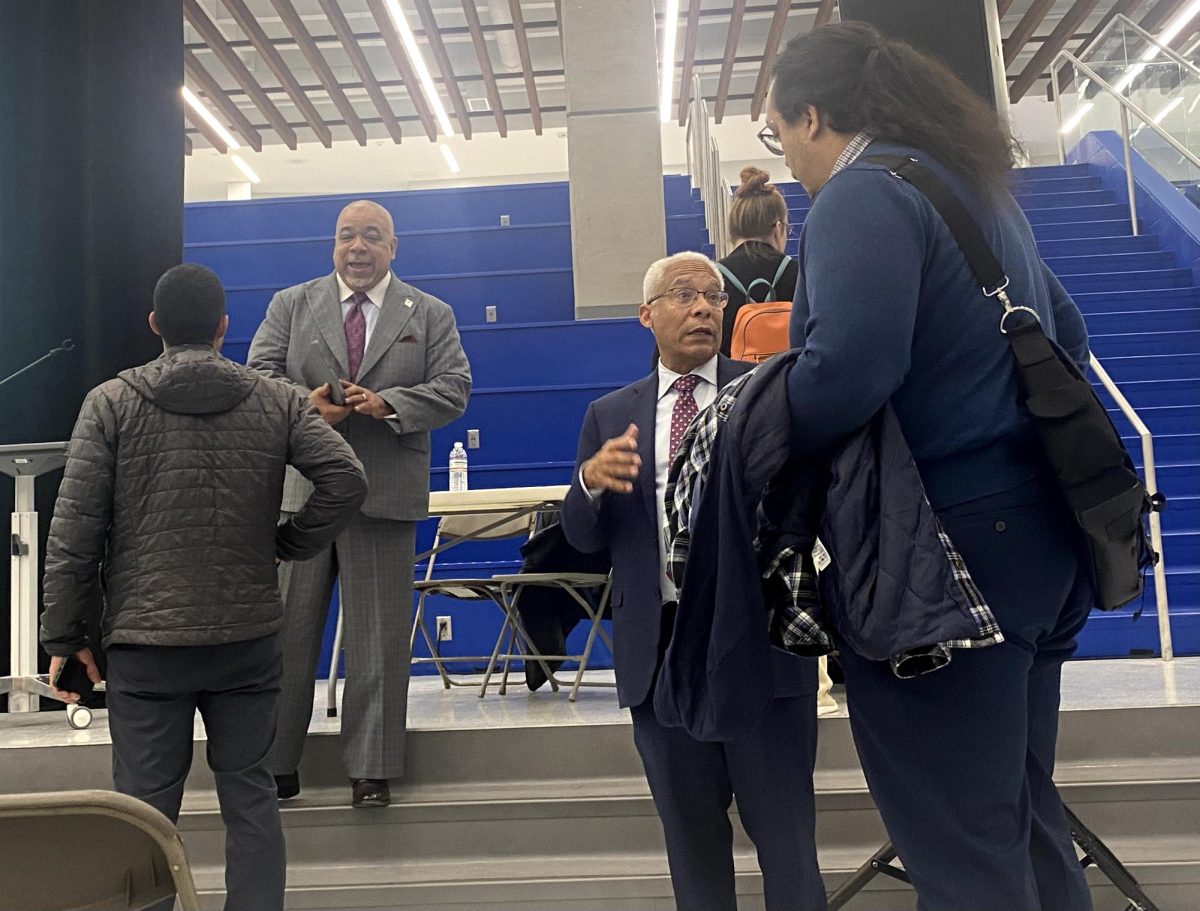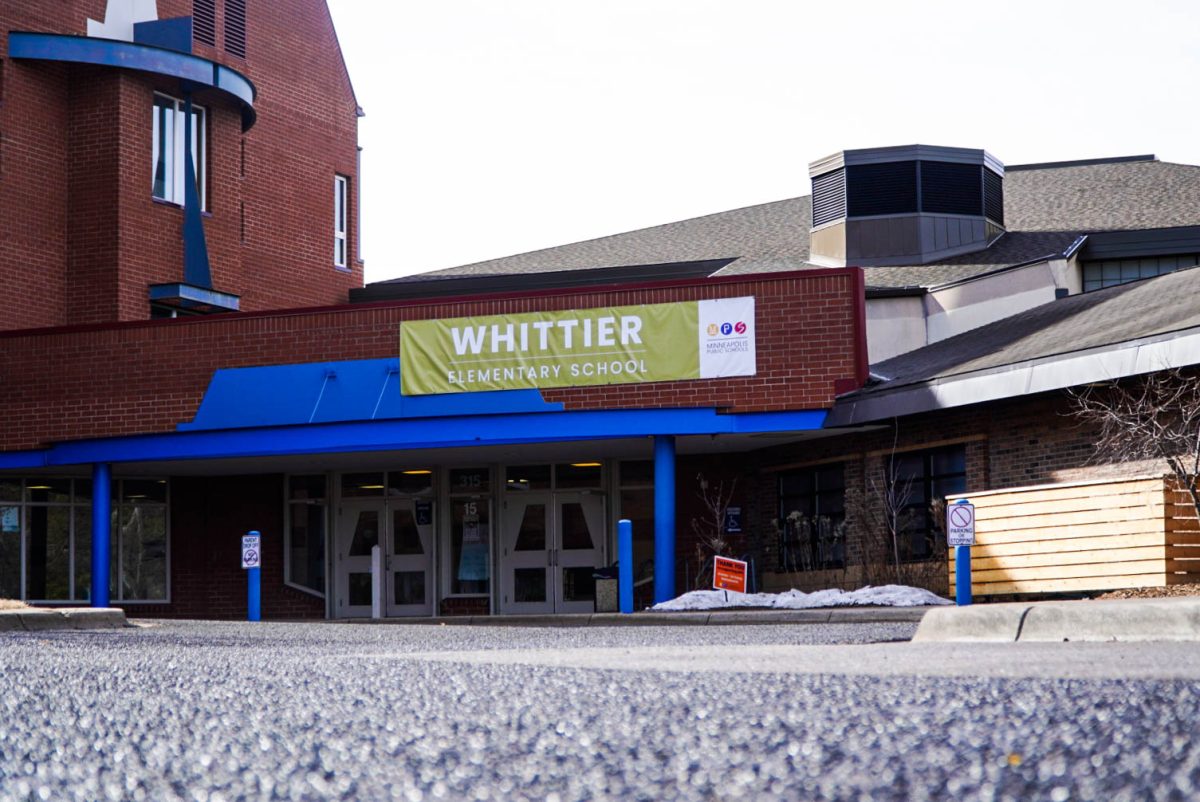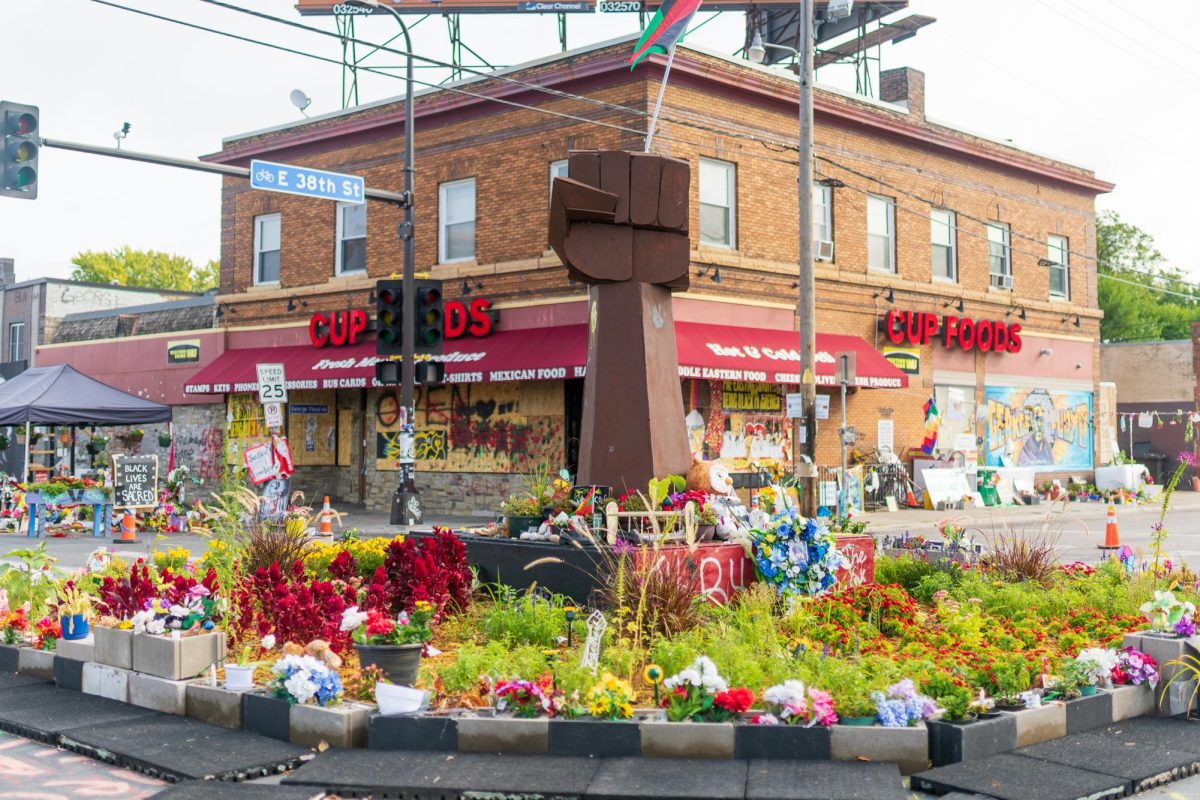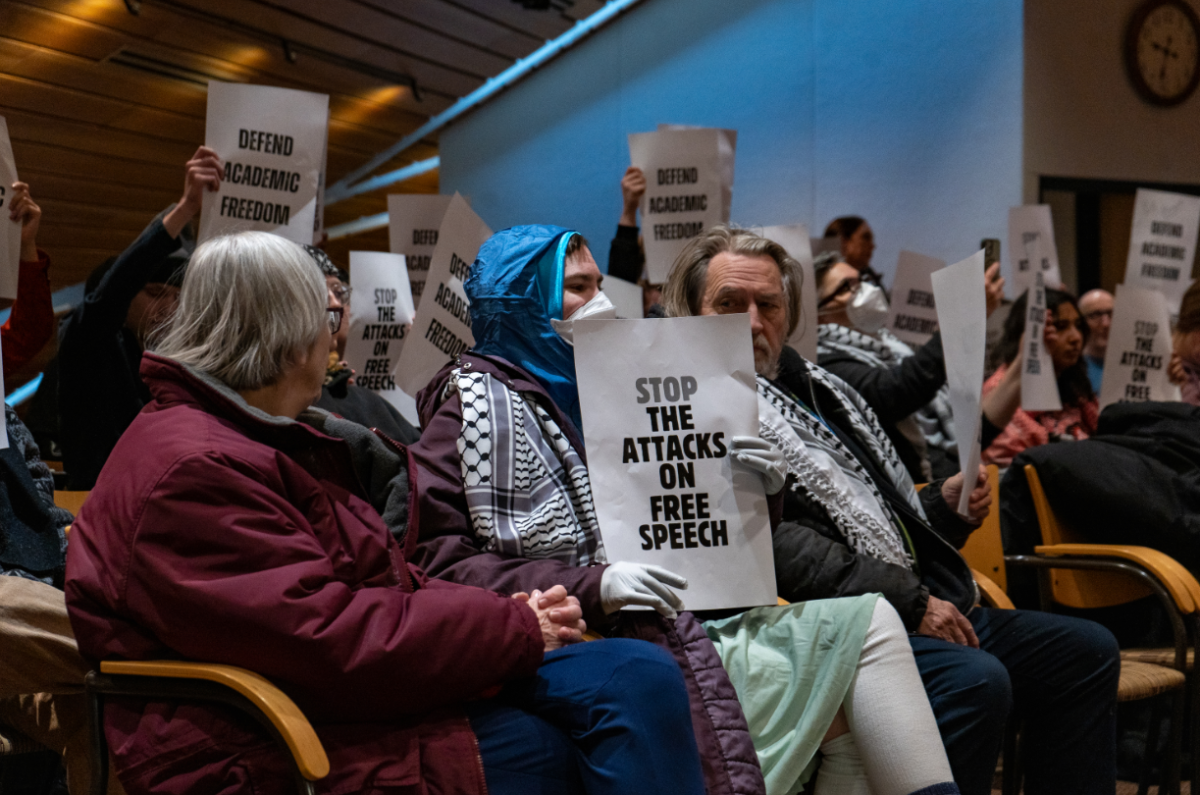The independent evaluators overseeing and coaching policing in Minneapolis held their first public engagement sessions on Wednesday and Thursday about what they have and will do.
Effective Law Enforcement for All (ELEFA) was chosen as an independent evaluator to oversee the two consent decrees requiring the Minneapolis Police Department (MPD) to improve its policies, enforcement and behavior. The separate consent decrees are by the U.S. Department of Justice (DOJ) and the Minnesota Department of Human Rights.
The DOJ’s consent decree report found that MPD “unlawfully discriminates” against Black and Indigenous people.
President of ELEFA David Douglass said in the community engagement presentation that they are approaching the consent decree agreements as a checklist for the MPD to follow.
“It keeps everybody coordinated and importantly it holds everybody accountable, including us,” Douglass said.
ELEFA and other independent contractors will review the MPD and Office of Police Combat Review’s police misconduct investigation backlogs, which include around 300 unresolved citizen requests, ELEFA members said Thursday. The group will also be looking at increasing the number of mental health staff and improving the wellness training for officers.
Arlinda Westbrook, who leads oversight and accountability with ELEFA, said in the presentation that during the interviewing processes over the last year, multiple community groups such as Metropolitan Urban Indian Directors reached out to work together.
Douglass said the role of ELEFA is to coach MPD to improve their processes and training while changing anything that the consent decrees require.
“We’re asking people to do things they had never done before, things they hadn’t been trained to do, and we’re asking them to do that on top of the things they are already responsible for doing,” Douglass said. “So we want to help them do it.”
Douglass said ELEFA will develop policies for MPD to follow in 2025 and then work on implementation and coaching in 2026.
Community reactions
Minneapolis Northside resident Tinitha Warren said if ELEFA cannot review previous offenses by officers coming into Minneapolis from other departments, then ELEFA could not prevent hiring officers with improper use of force history.
“That’s something that we look at as a community and to ensure that we have quality people who can patrol the streets and interact with us,” Warren said.
Overseeing officer background checks to investigate potentially dangerous behavior is not a part of the settlement agreement ELEFA is working on, Douglass said. However, while ELEFA can only act within the constraints of the settlement agreement, Douglass said the community should still raise these types of concerns because their organization can push MPD to address the background checks.
Unity Community Mediation Team member Al Flowers said during the presentation that the community should not forget the racism and discrimination Black and Native American citizens face in policing.
“I don’t want nobody to never forget what this was all about, and it was racism portrayed against African Americans and natives over many decades,” Flowers said.
Executive Director of the Legal Rights Center Malaika Eban said the presentation did not address how ELEFA will address shifting the culture around policing in Minneapolis.
“I understand that policy is the first step,” Eban said. “We’ve got a few years, but there are young people, there are adults, there are everyday community members who are actively being harmed by MPD.”
It will take unlearning harmful habits, retraining, new policies, supervision and better discipline within MPD before the community will notice a culture change among officers, Independent Evaluator Michael Harrison said. Once these areas are corrected and improved, Harrison said the culture around policing will change.
“Getting everybody to now adapt and adapt to that mindset is how culture changed,” Harrison said. “But it will take reforming.”
Westbrook said community groups have not only educated themselves on the settlement agreements, but people have educated ELEFA and the city on specific policies they believe need changes.
“I don’t want to give the impression that we’re here educating Minneapolis,” Westbrook said. “Minneapolis has educated me on what it is to be engaged in a process well before the settlement agreement came.”
Next steps for policing in Minneapolis
ELEFA finished its first step of community engagement and now plans to post proposed policies online for public feedback, Policy Specialist Lisa Fink said in the presentation Thursday. After receiving public comment on the policies, they will come up with new drafts to review.
“It’s really important that policies are as clear and concise as they can be,” Fink said. “It’s sometimes difficult to make policies concise, particularly because there are many requirements, but to the extent that it can be as understandable as possible because we need officers to understand it in order to be able to implement it.”
Most of the ELEFA members at the Thursday engagement session had experience policing, monitoring police behavior to improve it or both.
Westbrook also highlighted the work of the city’s Community Commission on Police Oversight and advocacy group Communities United Against Police Brutality for their feedback on the ongoing policing policy changes.
“The truth is that the way this is going to be done is with all of us together,” Westbrook said.
Harrison said in the Thursday presentation that he has listened to community members’ concerns about MPD leadership and has reached out to MPD Police Chief Brian O’Hara.
“I meet with Chief O’Hara pretty regularly,” Harrison said. “Not just to bring him to the concern of his officers, but to offer myself as a resource and share my experience with the Chief who is responsible for making really tough and hard decisions on personal matters, operational matters, management functions, changing the status quo, the responsible policy and the training decisions.”
Julie Solomon, who oversees mental health and crisis support at ELEFA, said the organization will be focusing on training for behavioral health crisis response within MPD. This includes 911 responses and the Behavioral Health Crisis Response teams that are separate from the police.
ELEFA will review data from body cameras and MPD reports to create an intervention system to address an officer’s improper use of force, ELEFA data analyst Eric Melancon.
Douglass said Minneapolis could be a model for the nation about police accountability and community engagement just by what he has seen in the past year.
“We’re here not because we have to be,” Douglass said. “We’re here because we believe in this kind of engagement.”




















Lady Mpls
Nov 18, 2024 at 9:08 pm
Wow. This group is mot equipped to do anything. The entire article they talked about how difficult their job is and that they plan to take a year to write policy. Just another DEI awarded contract with the City. Time to start awarding contracts by proven capability, not to check a box.
Ken DeYoe
Nov 18, 2024 at 9:02 pm
The public must understand it will be years before transformation is realized. Policies and standards put in place will need to enforce and aide cultural change. Good article.